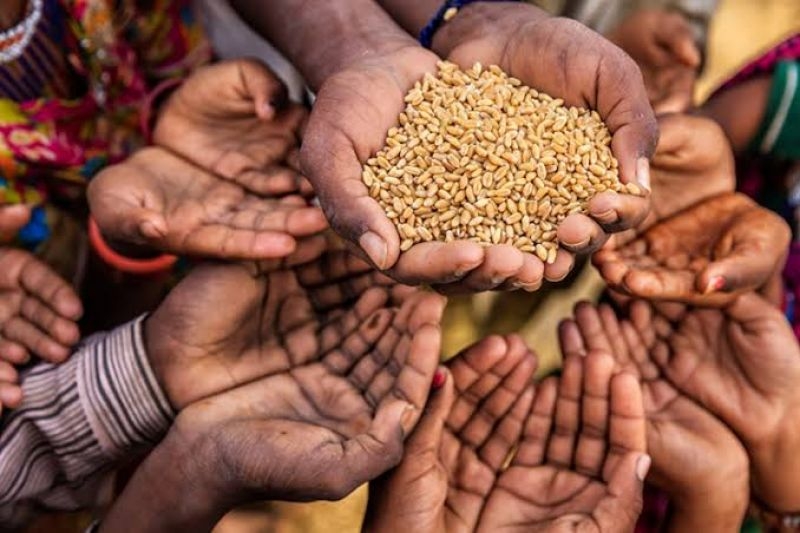- High medicine prices threaten healthcare of poor communities |
- Curtain falls on a political giant as Khaleda Zia passes into history |
- BNP Expels Nine Leaders Over Defiance and Poll Bids |
- India, Pakistan FMs to Attend Khaleda Zia’s Funeral |
- Global Leaders Pay Tribute as Condolences Pour In for Khaleda Zia |
Resilient, People-Centred Food Systems to Counter Global Food Crisis

Food crisis
The fact that food crises have kept repeating over the past fifty years highlights the systemic vulnerability of the global industrial food system. Three features stand out: industrial food production based on a narrow selection of staple crops; an imbalance between a small number of agro-exporting states and many import-dependent states; and highly financialized and concentrated global agrifood markets.
So long as powerful interests profit from the current global food system, they will have no incentive to enact meaningful transformations. To enact radical change, we need diversity in food production, distribution, and consumption. It is vital to shift to ecologically sound and climate-resilient production systems such as agroecology that do not rely on energy-intensive inputs like chemical fertilizers. Reducing reliance on industrial inputs would help insulate farming systems from disruptions in global energy, fertilizer, and agrochemical markets.
Ecologically oriented production systems must also put people at the centre; providing livelihoods and nutritious foods. This must be combined with the democratization of production systems, empowering people to determine how these systems are designed and function. Agroecology involves methods that enhance agrobiodiversity and dietary diversity and embeds the political goals of equity and agency. There is evidence of its potential to meet food needs less harmfully than industrial farming.
One way of working towards the goal of a more people-centred food distribution is by supporting territorial markets which shorten supply chains, embody local conditions and knowledge, and foster community and regional relationships. It is also essential to enhance the capacity of individual countries to grow more of the food they consume so that when shocks happen, they do not generate a crisis.
Finally, people-centred food systems must go beyond creating alternative production and distribution spaces to pursuing regulatory changes, such as much stricter conflict of interest rules for corporate actors, alongside stronger antitrust and competition policies to prevent corporate monopolies and oligopolies in food systems. Additionally, stricter regulation of commodity futures markets would help reduce the speculative investments that drive food price volatility and lead to spikes in food prices.
The essay below addresses these points and more. The author, Professor Jennifer Clapp, is Canada Research Chair in Global Food Security and Sustainability at the University of Waterloo, Canada and a member of IPES-Food (International Panel of Experts on Sustainable Food Systems).
https://www.rosalux.de/en/news/id/52208/the-global-food-crisis-in-the-age-of-catastrophe

